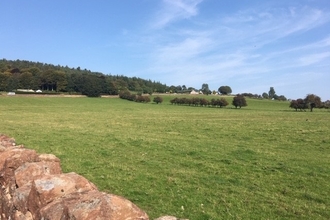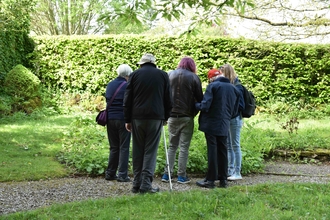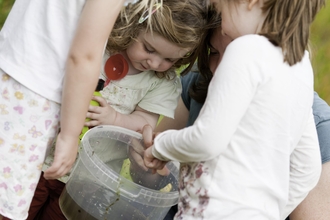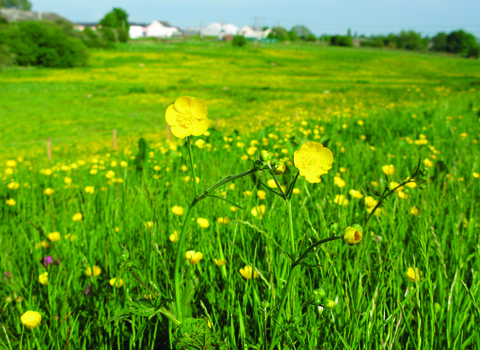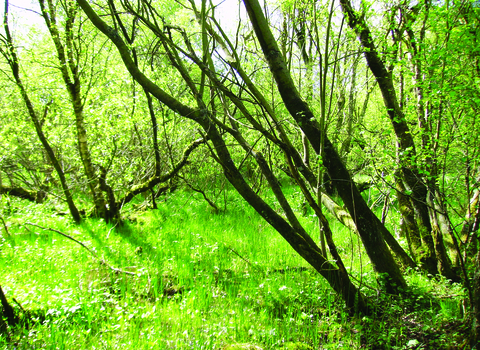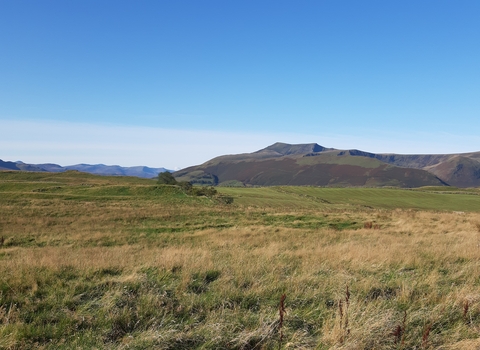Cold Springs Reserve is partially open and will be fully open from 25 May 2025.
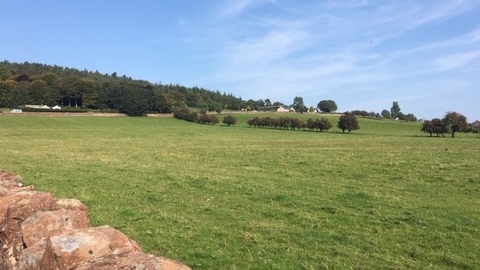
We have a great opportunity to create more space for wildlife at Cold Springs in the future © Cumbria Wildlife Trust
Cold Springs Community Nature Reserve
Location
OS Map Reference
1:50,000, Sheet no. 90Entrance from Scaws Drive public green space. Grid reference: NY 52359 30780
What3Words/// clubs.lunch.access
Entrance from Carleton Meadows housing estate. Grid reference: NY 529 306
What3Words/// layered.harmonica.skips
Entrance from north-east corner. Grid reference: NY 532 307
What3Words/// breaches.start.pitching
Getting here
There is no designated car park; however, there is an informal layby with parking for 4-5 cars on Beacon Edge Road. Please do not park on the residential streets nearby as this may cause disruption to local residents. The community nature reserve is being created for people living in, or close to, Penrith and we ask that, if possible, people travel here on foot or by bike.
View on What3Words
Know before you go
Dogs
on a lead or under close control. Dogs are only allowed on the path around the upper edge of the nature reserve and not in the fields.
When to visit
Opening times
All year roundBest time to visit
All year roundAbout the reserve
Cold Springs Community Nature Reserve is a great place for the people of Penrith to enjoy being in nature and watching nature and habitat restoration in action.
From exploring, meeting friends and family, volunteering, learning a new outdoor skill, or just simply being in a green space, this special site is an exciting new opportunity to benefit both the community and wildlife.
Contact us
History
The 15 hectares of farmland at Cold Springs, on the outskirts of Penrith, was given to Cumbria Wildlife Trust by Ann Clark, in memory of her late husband Brian Clark as part of their joint legacy.
We're working in partnership with the local community, Eden Rivers Trust and Penrith Town Council to develop the Cold Springs Community Nature Reserve and to link up green spaces in the town.
What makes Cold Springs Community Nature Reserve so special?
Unlike other nature reserves, Cold Springs is not designated for special or unusual wildlife, although the waxcap fungi indicates that the grasslands have not been agriculturally improved.
The site is a community nature reserve that will be transformed into a new place for nature over the coming years. There have been a number of feature trees planted on the site with species including silver birch, aspen, English oak, wych elm, wild cherry, crab apple and guelder rose.
These species have been chosen as they are a varied mixture of seed and berry bearing species; a valuable resource to a wider range of wildlife, birds, small mammals and invertebrates. As well as this, they are typically locally native species.
With help from the community we will create an orchard and wildlife garden, restore the grasslands by planting wildflowers and restore the hedgerows that run alongside and within the site.
Volunteering
There are many opportunities to volunteer at Cold Springs Nature Reserve, working alongside Cumbria Wildlife Trust staff and volunteers to make Cold Springs a haven for people and nature.
Volunteering opportunities include wildflower plug planting, planting a community orchard, creating a wildlife garden, wildlife monitoring, regular litter picks, as well as general site maintenance.
Ponds
There are two newly created ponds on the site. Ponds are often one of the quickest ways to increase wildlife to an area.
There will be a rapid colonisation of the ponds by native aquatic plants, which will swiftly be followed by freshwater invertebrates such as dragonflies.
Over time, amphibian species such as newts, frogs and toads should begin to follow.
Species
Wildflower species including devil’s-bit scabious, yarrow and wood sorrel have been planted to attract many species of pollinating insects such as bees, butterflies and moths.
In addition, a varied range of seed-and berry-bearing trees and shrubs such as aspen, oak, cherry, birch, rowan, crab apple, hazel, hawthorn, elder, spindle have been planted to increase the diversity of invertebrates, birds and small mammals at Cold Springs.
Further information about Cold Springs Nature Reserve
Thank you to our funders for their support; Access to Eden: breaking barriers, building bridges (a partnership led by Eden Rivers Trust with a grant from the National Lottery Heritage Fund), The Hadfield Trust, Westmorland and Furness Council, and Penrith Town Council.
Upcoming events at Cold Springs Community Nature Reserve
If there are any upcoming events at Cold Springs Community Nature Reserve we'll show them to you below.



